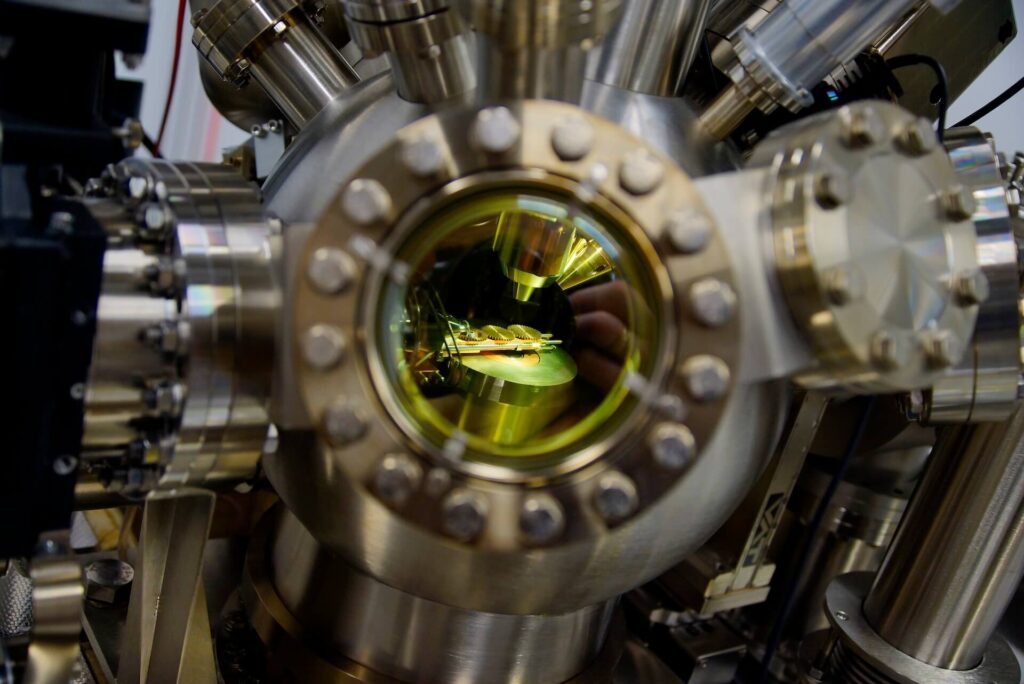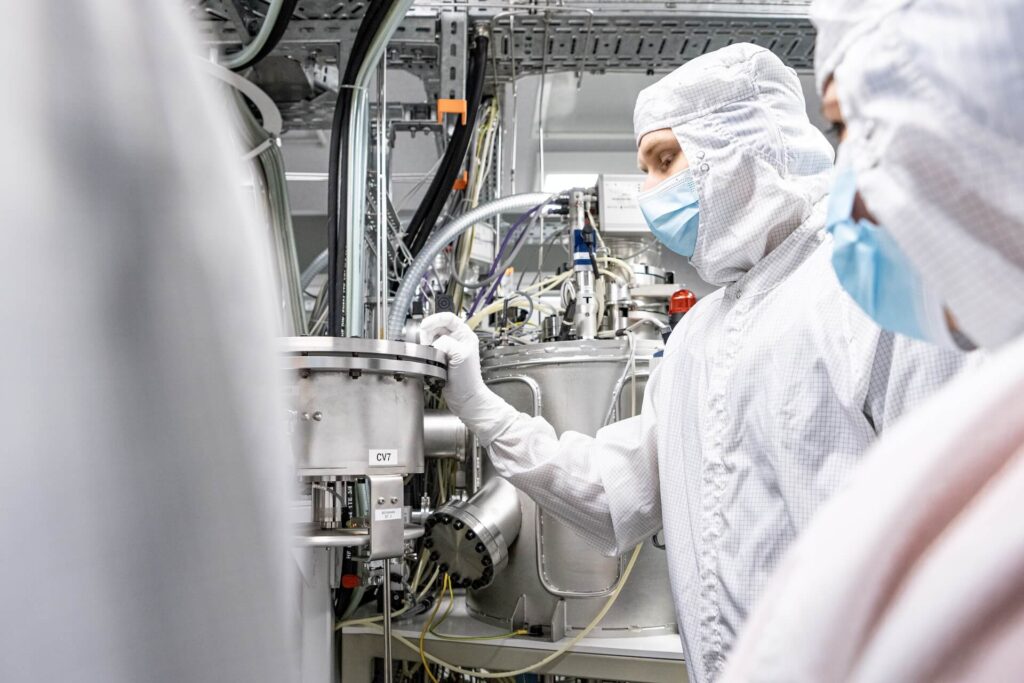
BioPhoT Industry Challenge
is a unique initiative where companies submit their industry’s technological challenges*, and scientists develop solutions based on real industry needs. It is an opportunity to apply science in practice and create technologies with a direct impact on industry development.
The industry challenges submitted to the project help guide the research focus toward practically significant issues. At the same time, it is important to emphasize that submission does not grant exclusive rights to the developed results. All intellectual property rights belong to the research organization; however, partners have the opportunity to gain access to the results, for example, through licensing, patent acquisition, or other collaboration mechanisms offered by the research organization.
* Industry challenges are broader domain or market problems that affect multiple companies and industry stakeholders, with solutions that create significant impact on a European or global scale, rather than being limited to a single organization.

What does each party gain?
Industry
- Opportunity to highlight and bring attention to their industry’s challenge so that it is noticed and addressed by the scientific community.
- Opportunity to identify and select the most suitable collaboration partners.
- Low risk – no immediate investment required.
- Access to scientists working on topics of their interest.
Scientists
- Opportunity to learn about current industry trends and challenges.
- Genuine industry interest and a clear pathway toward prototype development.
- Opportunity to work with a specific company.
- Potential mentoring from the company, providing a pathway to technology transfer.
After the conclusion of BioPhoT there is an opportunity to continue the collaborationif the industry representative sees strong potential and has established a successful connection with the research team.
Are you an entrepreneur?
Submit your industry challenge!
We will connect your company with Latvia’s top scientists!
